

By Caitlin Murray
Before she had scored 101 goals for the U.S. women's national team and became the face of the most successful team in the sport’s history… before the endorsements, the books and the movie… before McDonalds, Nike and commercials with Lebron James… before all that, a shy Alex Morgan flinched at the sight of a microphone.
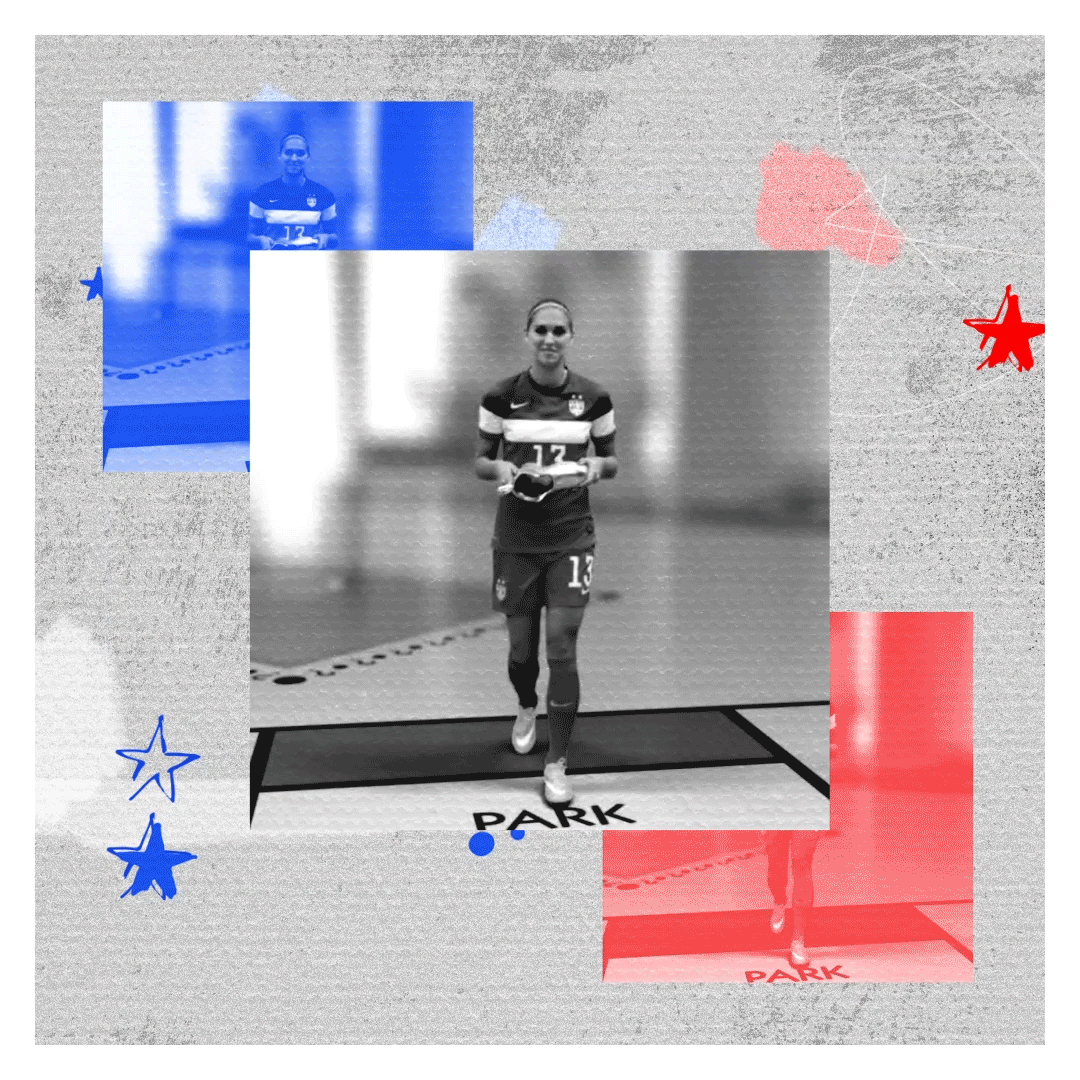
That's why she turned to her teammate and mentor, Abby Wambach, for advice on how to deal with the media.
"When I was one of the younger players on the team, I was terrified of doing an interview," Morgan tells Goal. "And Abby would tell me: 'You'll get used to it.' She would give me tips to get through it and offer advice. She remembered what it was like to be in my position."
"I got to see her always in control of what she put out in the media and the brand that she put forth. It wasn’t something that someone put on her. Abby was the driver in her image and what she wanted people to see. I looked at that and wanted to follow that."
Morgan has certainly followed suit. A decade on, Morgan is now a media veteran, having mastered the art of modern PR. A week for Morgan now might be filled with dozens of media requests, and interviews are second nature – she squeezes a chat with Goal into the small window of time on a team bus ride to Orlando Pride training during a road trip.
With roughly 13 million followers across social media, and endorsement deals with major brands like Coca-Cola, Nike, and others, her income is measured in millions at a time when women's football is still a young sport seeking significant growth.
ESPN ranked her among the 100 most famous athletes on the planet. SportPro listed her among their 50 most marketable. And so on.

"The reality is, there are so few athletes across sports, especially women, that are able to transcend their sport," says her agent, Dan Levy. "Alex has been able to do that and achieve that level of influence."

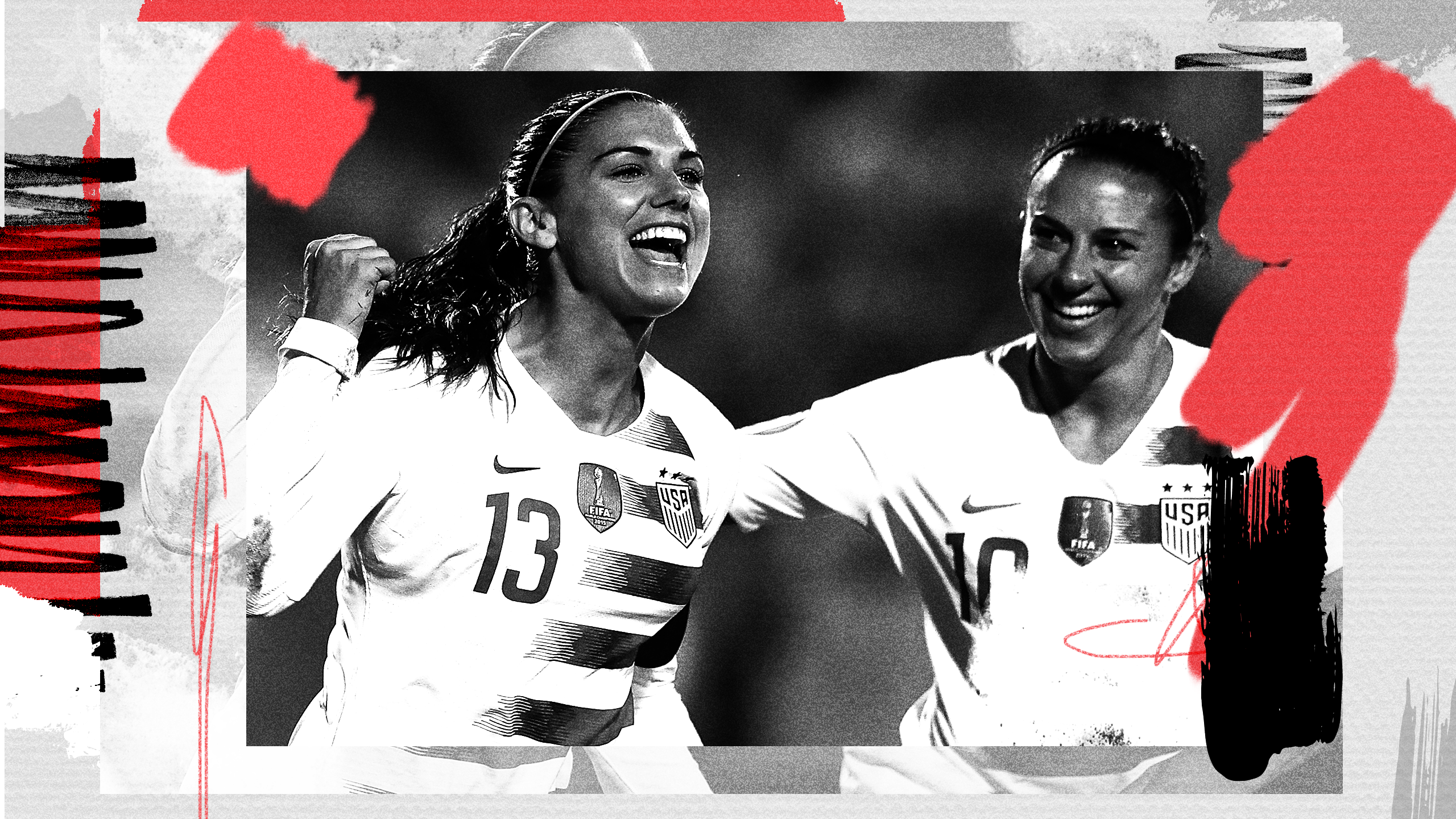
But for Morgan, who succeeded Mia Hamm as the face of the U.S. women's national team, it's about keeping it all in perspective.
"I'm so grateful for the opportunities outside soccer," Morgan says, "but I would not have gotten any of these opportunities if it wasn’t for the hard work I put into soccer."
The game has always come first. But the 29-year-old, whose portfolio includes a line of New York Times-bestselling football-themed books for young girls, Morgan is embracing her role model status more than ever. She's not ready to make an announcement yet, but says that in the next several months she will have big news on that front. In other words, Morgan's unofficial role as the lead ambassador of women's football continues to expand.
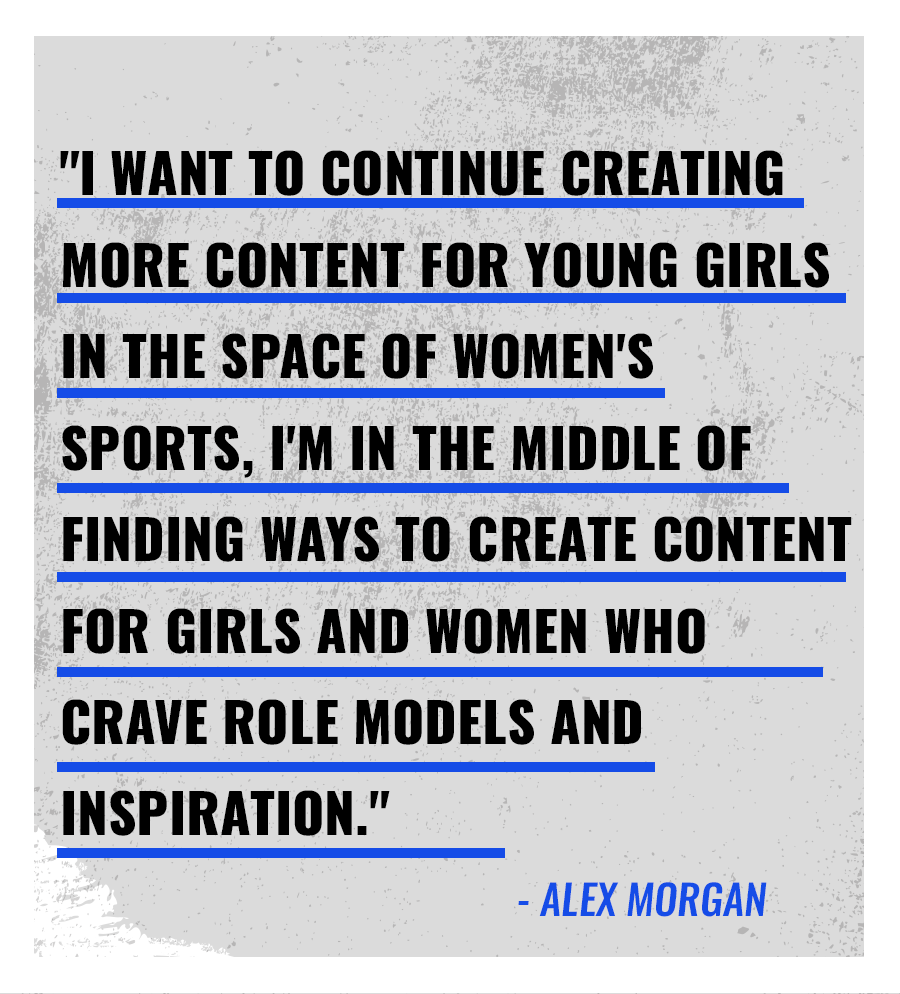

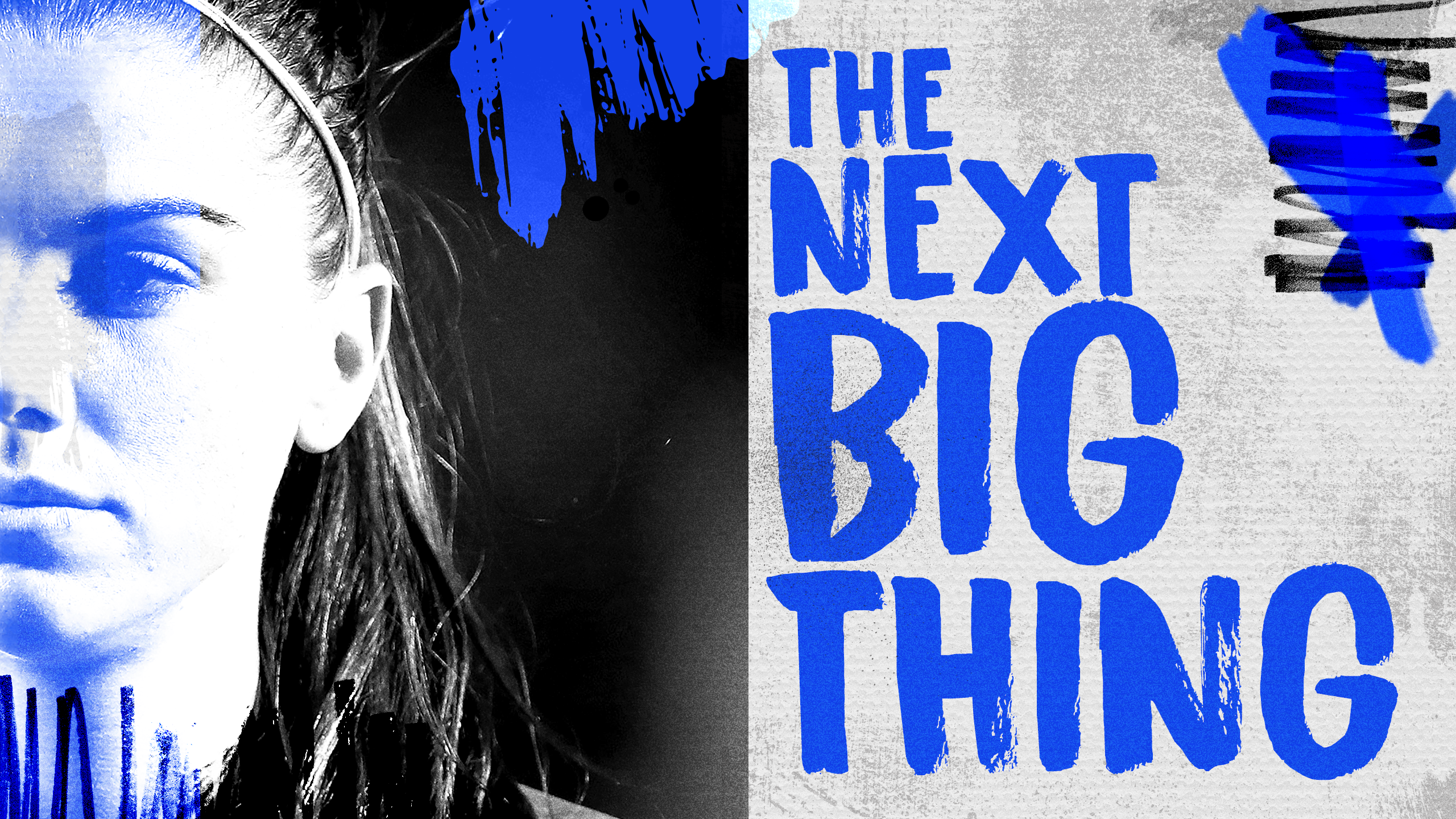

Alex Morgan was hyped as "the next big thing" right from the start as her all-American good looks complemented a penchant for scoring goals by the bucket. But not everything came easy, and a spot on the coveted USWNT had to be hard-earned.
When the late Tony DiCicco took over the U-20s, he recognised Morgan’s potential but needed to see more. At the end of his first camp with Morgan, he told her that she probably wasn't going to be invited to the next one unless she improved her finishing. Only when her replacement declined to focus on school did Morgan get her second chance.
"Alex came back in and started scoring goals," DiCicco said in 2015. "She hasn’t stopped yet."
It was a valuable lesson for Morgan, and one she would heed as she stepped up to the senior squad. Morgan wanted a starting role but her coach, Pia Sundhage, rebuffed her – she told Morgan to be a match-winner via cameos.
"You just go out there,” coach Pia Sundhage told her. "You have no problem coming off the bench."
So that's what she did. Morgan waited a year between her first cap and her first start, even as she scored crucial goals in the semi-final and the final of the 2011 Women's World Cup as a substitute. She waited another year after that to become a regular starter ahead of the 2012 Olympics.

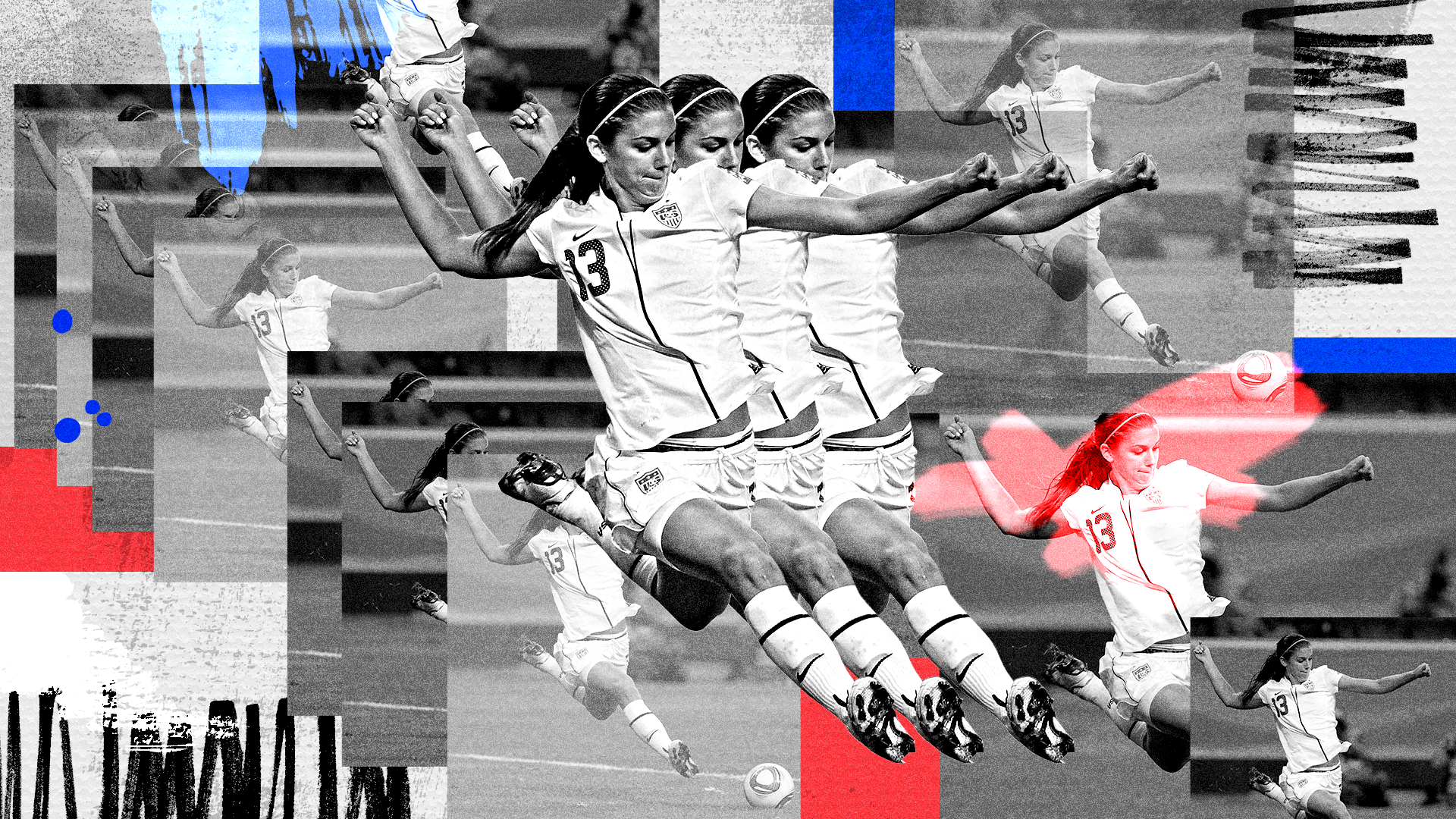
It's those anecdotes that may explain why Morgan, who is the most famous and best-compensated player on whatever team she is on, has been able to achieve the delicate balance of being both a star and a team player – a mold set by Mia Hamm.
Hamm was not just the face of the U.S. team but the entire sport – but she was never resented by her teammates. That was partly because she used her platform to promote the women's game as a whole – a role that Morgan has embraced. When her individual role was diminished over the last couple of years as coach Jill Ellis sought to experiment, Morgan said she used it as an opportunity to learn to be a better, more supportive teammate to the players who were getting opportunities ahead her.

One thing Hamm didn't have when she played was social media. Morgan now has millions of followers, and it seems every time Morgan scores the number grows.
Coming into the 2011 Women's World Cup, Morgan had just around 15,000 Twitter followers. By the time the tournament finished, her follower goal shot up to 135,000. After she won the 2012 Olympics, her follower count exceeded 1 million. Today, it hovers at around 3.6 million.

Morgan has previously admitted that the increased attention meant she became more cautious about anything she shared online. But these days, she's focused on being authentic.
"I look to be as unapologetic as I can on social media," she says. "Social media is bittersweet – you can create really great things and give people platforms to expand their voices in the way that was never possible before. But it also draws more attention and gives the opportunity to give opinions when they aren’t really wanted. A lot of the time, that falls on the shoulders of girls and women who are trying to find confidence in themselves."
That all goes back to that unofficial role she has taken on as the face of women's football and a role model to the millions of girls who play sports around the world.
"Alex is our ambassador," team-mate Tobin Heath once declared before the 2015 World Cup. “She has kind of led the way for us since the last World Cup in propelling women's soccer. She's been a great role model, she's been a great teammate and she's super professional.'
Levy, her agent, adds now: "She's an ambassador not just for women's soccer, but women's sports as a whole. Alex understands that she has a responsibility to represent more than just her sport.”


Football won't always be everything for Alex Morgan. It can't be. Every player has to hang up her boots eventually.
That could be a scary thought for women's football. After all, when Mia Hamm retired at the end of 2004, the landscape of the sport changed practically overnight. Without Hamm, stadiums in football hotbeds Los Angeles and Portland, Oregon that used to see double digits crowds started drawing attendances a fraction of their former size. U.S. Women's football struggled until Morgan, Abby Wambach and the national team put on a show at the 2011 Women's World Cup. After the U.S. returned from the event, the crowds to see the team returned to Hamm-era levels.
At 29 years old, Morgan shouldn't be retiring anytime soon, but she's already started to build her legacy for once her playing days are over. Her business empire is set to grow soon, and she's more influential now than ever. And she says joining world leaders, pop stars and moguls on this year’s Time 100 list of the most influential people is one of her greatest off-field achievements to date.
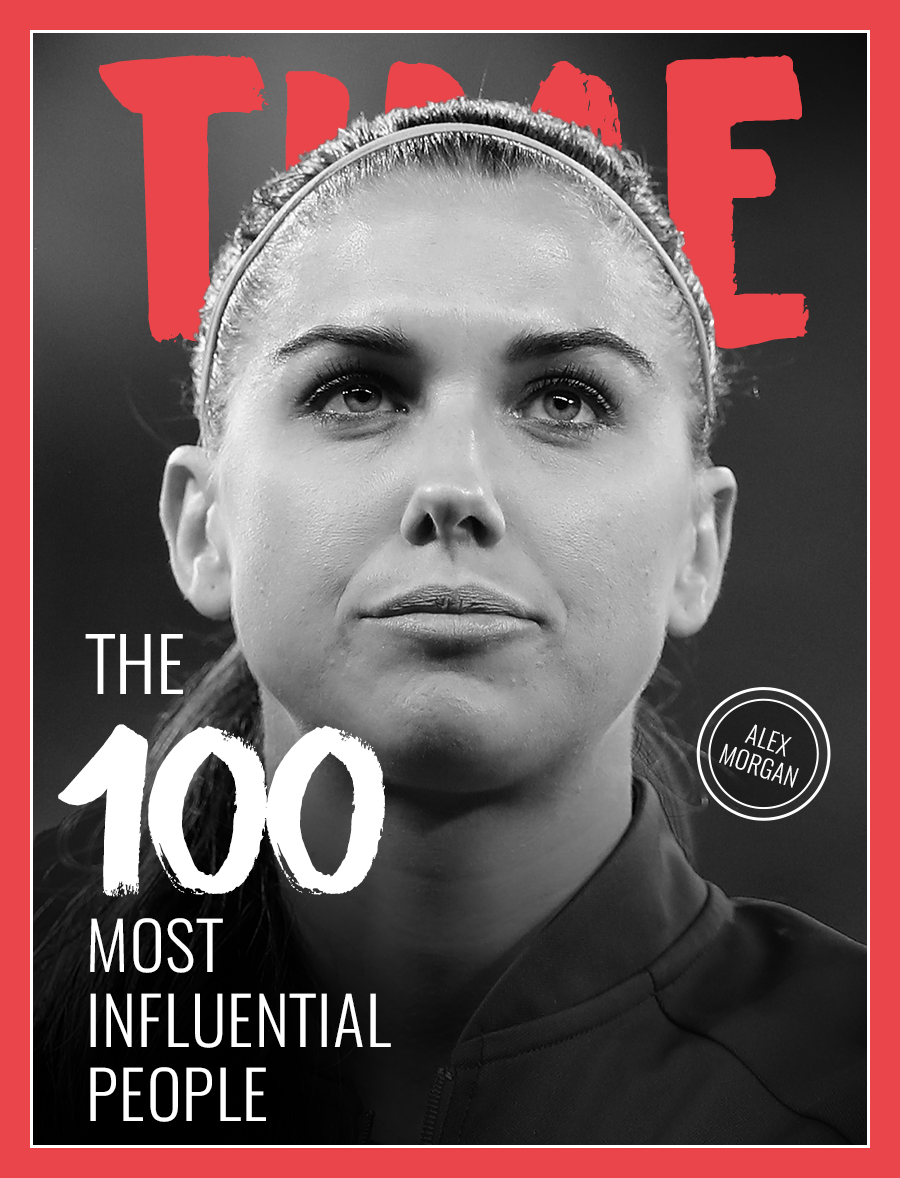
"I've never felt so honored to be on a list like that," she says. "Where that ranks against a World Cup title or an Olympic gold medal, I don’t know, but me being named to that list is a culmination of the things I do on and off the field as I try to progress this sport for females globally."
Morgan, whose motto in the past has been that it's all about the football, seems to be softening her stance now – she knows it can't always be that simple. One day, her off-the-field impact will matter as much as anything she did on the field.
"I've grown in the sense in that I see there are things bigger than soccer for me in my life," she says. "There's always been my family, and soccer is a big part of my life but it's not always going to be. My playing career will end at some point, and right now I have a really good balance of what I expect of myself on the field and making sure soccer is my priority, but I also feel like there are other things I'm extremely proud of."
Of course, this summer will be only about the football and trying to win another World Cup. If she can do that, then everything else falls in place.
Caitlin Murray's book about the U.S. women’s national team, The National Team: The Inside Story of the Women Who Changed Soccer, was released in April 2019. Follow her on Twitter @caitlinmurr.




